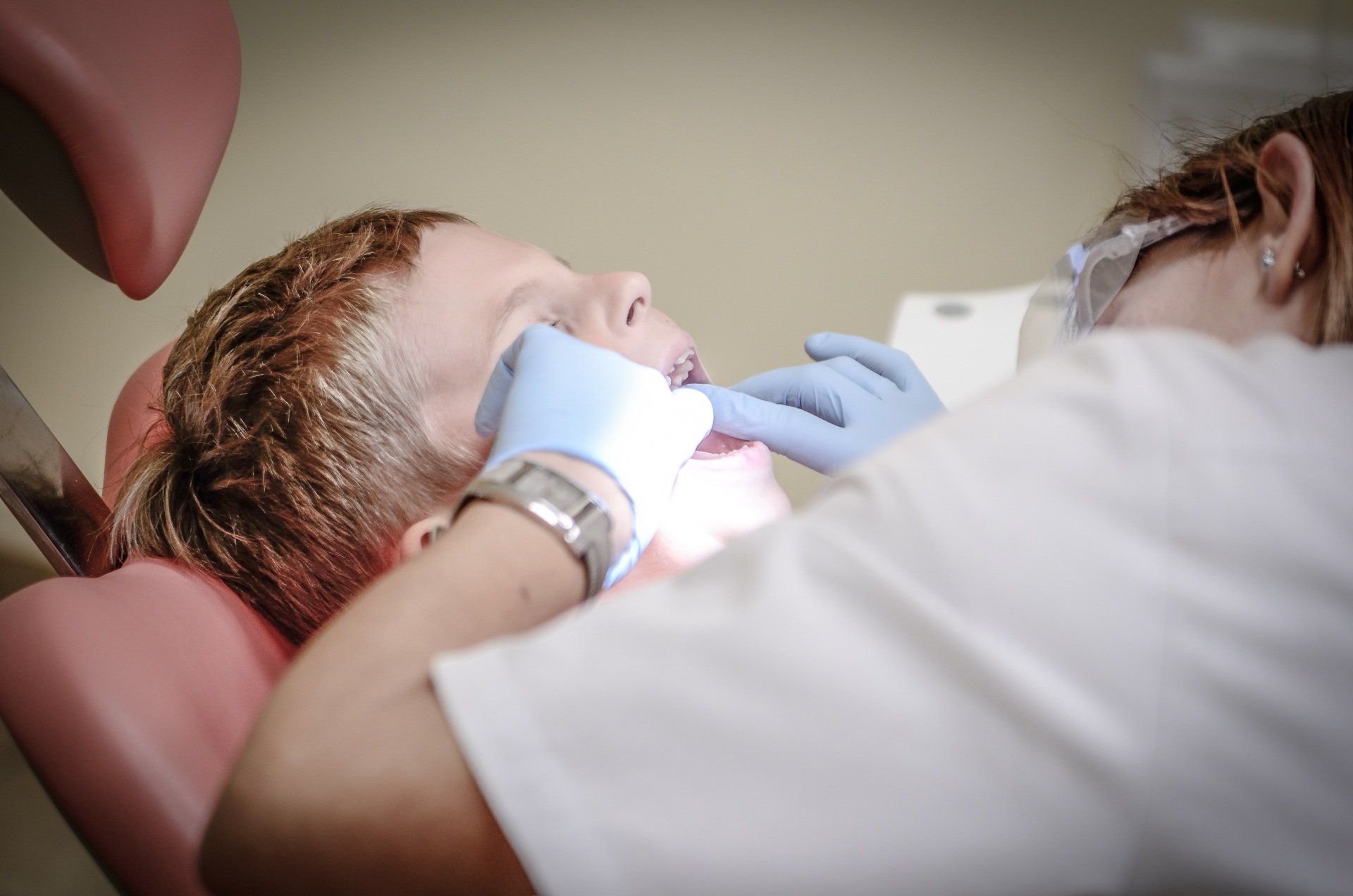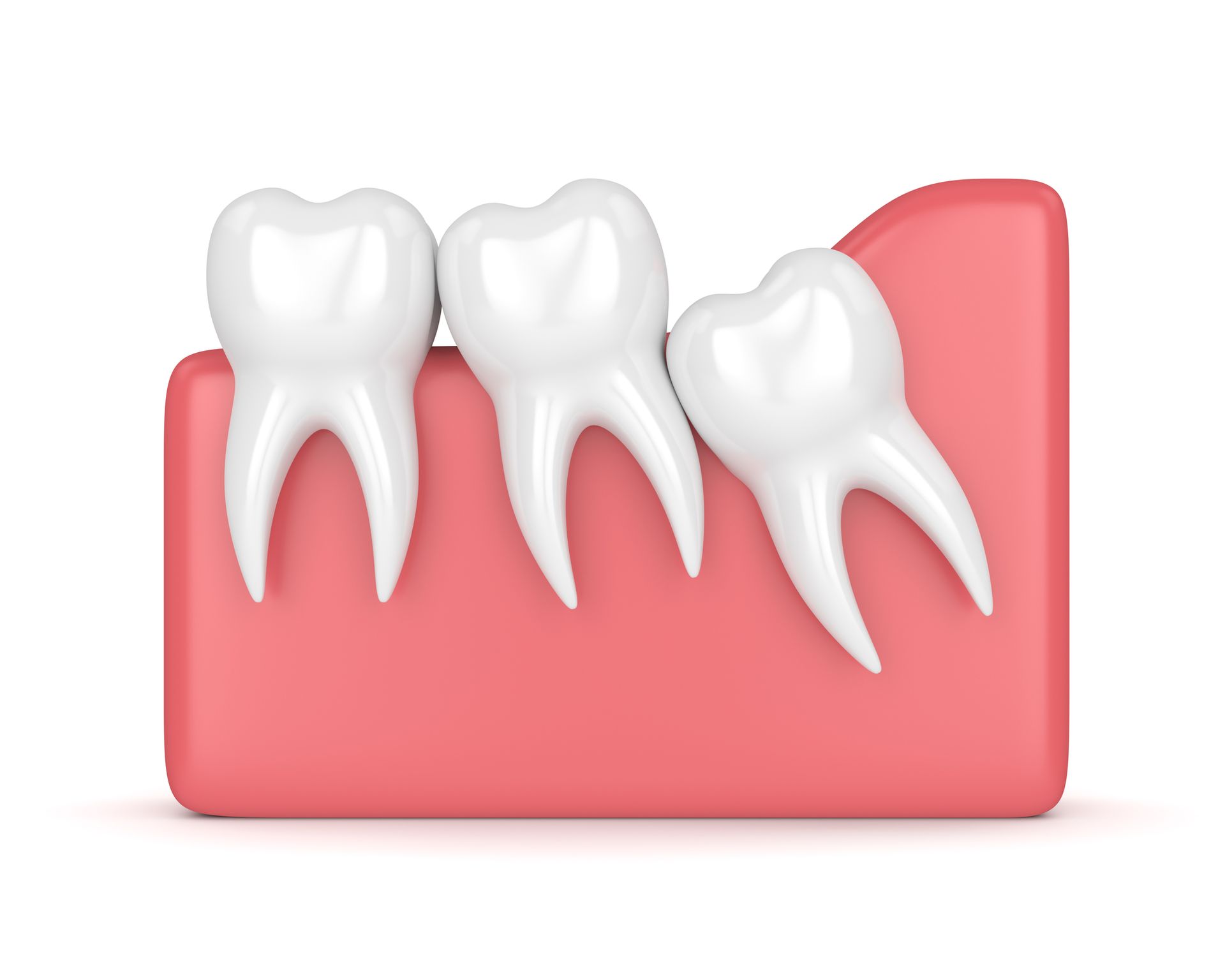Do You Have Periodontitis? What Are The Symptoms? | Emergency Dentist
What Is A Periodontitis?
Periodontitis is an inflammatory condition of the gums that affects almost half of adults in the United States. This condition can lead to serious health complications, including tooth loss, increased heart disease, and stroke risk. Fortunately, several treatments available can help cure them and restore healthy gum tissue.
The first step in treatment is to identify its root cause. Common causes include poor oral hygiene, smoking, genetics, diabetes, stress, and certain medications. Once the underlying cause has been identified, it's essential to modify any lifestyle habits or treatment plans contributing to the problem. For example, individuals with diabetes should strive for better blood sugar control, while smokers should quit as soon as possible.
Causes of Periodontitis
Periodontitis, also known as gum disease, is a serious condition affecting your gums' health. Left untreated can lead to pain, infection, and even tooth loss. So what are the causes in the first place? A combination of factors can increase one's risk for developing this inflammatory gum disease, ranging from lifestyle choices to genetic predispositions.
Poor oral hygiene is one of the most common contributors to gum disease. Not brushing and flossing regularly enables bacteria to build up along the gum line, causing an infection that leads to inflammation and tissue destruction. Additionally, smoking cigarettes or using other tobacco products is a significant risk factor for periodontal disease due to its detrimental effects on circulation in the gums.
Symptoms Of Periodontitis
Periodontitis is a serious condition affecting your gums and teeth health. It occurs when bacteria attack the tissues around the teeth, causing inflammation and bone loss in the jaw. Without proper treatment, it can lead to tooth loss or even damage to other parts of your body due to infection. Understanding the symptoms is key to getting a timely diagnosis and treatment.
- Gum disease. The most common symptom of Periodontitis is gum disease, such as bleeding gums, redness, and swelling around the affected area.
- Bad breath and sensitive teeth. Painful chewing may also be experienced as bad breath due to plaque accumulation around the teeth and gums.
- Pulling away from your teeth to your gums. Other signs include receding gums which can cause widening gaps between teeth, loose teeth, or visible pus from infected areas.
- Gum inflammation. Swollen gums can be a warning sign of an underlying health issue that needs to be addressed.
- Unfit dentures. Poorly fitting dentures can cause discomfort and pain among those who wear them and put them at risk for developing.
If you have experienced one of these, you should visit a 24-hour emergency dentist near me to quickly address the problem. Contact Emergency Dental Boise to get your mouth treatment for suspected gum disease.
Risk Factors Of Periodontitis
Periodontitis is a severe gum disease that can cause tooth and bone loss if left untreated. It is essential to be aware of the risk factors associated with oral problem to prevent it from developing or worsening. Knowing the risk factors related to it, can also help you seek appropriate treatment for this condition as soon as possible.
Common risk factors include poor oral hygiene, smoking, diabetes, genetics, aging, and certain medications. Poor oral hygiene increases your chances of developing periodontitis by allowing plaque buildup on teeth and gums, leading to infection in the gums.
Smoking has been linked to an increased risk of periodontal disease due to increased inflammation caused by tobacco smoke. Diabetes reduces the body's ability to fight off bacteria which can lead to more severe cases than seen in those without diabetes.
Treatments for Periodontitis
Periodontitis is a severe condition that affects the gums and teeth and can lead to tooth loss if left untreated. Fortunately, recent advances in medical science have made it possible to treat this condition effectively. Several treatments are available, including scaling and root planing, laser treatment, antibiotics, surgery, and more.
Scaling and root planing is a process in which bacteria-filled plaque is removed from below the gum line using special instruments. Once the plaque has been removed, the roots of your teeth can be re-contoured to promote proper healing of your gums.
Laser treatment may also be used to reduce inflammation in affected areas as well as kill any remaining bacteria or infected tissue. Antibiotics are often prescribed in conjunction with other treatments to help clear up infections.
Tips To Prevent Periodontitis From Your Emergency Dentist Boise
Periodontitis is a severe gum infection that can cause tooth loss, bone destruction, and other medical issues. It affects millions of people in the United States alone every year. While it cannot be cured completely, some steps can be taken to prevent it from occurring or worsening.
- Brush your teeth regularly. Brushing your teeth twice a day with a fluoride toothpaste is one of the most important things you can do to prevent periodontitis. Make sure to brush for at least two minutes each time, using circular motions to reach all areas of your teeth and gums. Be sure to use a soft-bristled toothbrush to avoid damaging your gums.
- Floss daily. Flossing is equally important as brushing when it comes to preventing periodontitis. Flossing removes plaque and bacteria from areas that your toothbrush cannot reach, such as between your teeth and under the gumline. If you find traditional flossing difficult, consider using a water flosser or interdental brush.
- Use an antiseptic mouthwash. Using an antiseptic mouthwash can help kill bacteria that cause periodontitis. Rinse with an antiseptic mouthwash twice a day after brushing and flossing. Look for a mouthwash that contains chlorhexidine, which has been shown to be effective in reducing plaque and gingivitis.
- Quit smoking. Smoking is a major risk factor for periodontitis, as it weakens the immune system and makes it harder for your body to fight off infections. Quitting smoking is one of the most important things you can do to prevent periodontitis.
- Limit sugary and acidic foods and drinks. Sugary and acidic foods and drinks can erode tooth enamel and contribute to the buildup of plaque and bacteria. Limit your consumption of sugary and acidic foods and drinks, such as soda, candy, and citrus fruits.
- Visit your dentist regularly. Regular dental checkups and cleanings are important for preventing periodontitis. Your dentist can identify early signs of gum disease and provide treatment before it becomes more serious. Make sure to visit your dentist at least twice a year, or more frequently if you have a history of gum disease.
- Practice stress management. Stress can weaken the immune system and make it harder for your body to fight off infections. Practice stress management techniques, such as meditation, yoga, or deep breathing exercises, to reduce your risk of periodontitis.
The primary way to prevent this is by practicing good oral hygiene habits. Brushing your teeth twice a day and flossing once a day will help remove plaque buildup and bacteria from your mouth which may lead to gum disease. Additionally, regular visits to the dentist for check-ups and cleaning can help detect any signs of infections early on so they can be adequately treated.
Finally, eating healthy foods with low sugar content helps reduce inflammation in the mouth, an often overlooked factor in preventing periodontal diseases. Contact our clinic and get your assistance! Urgent Care Boise can provide a complete procedure to treat your gum disease. From diagnostic to professional dental care, we got you covered!





